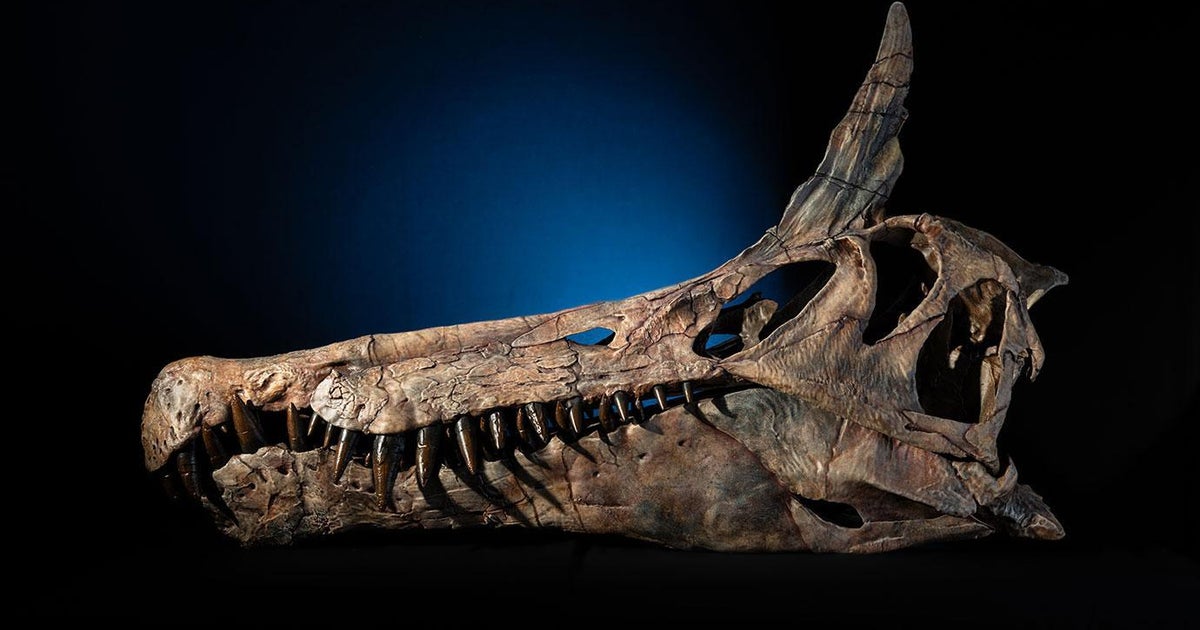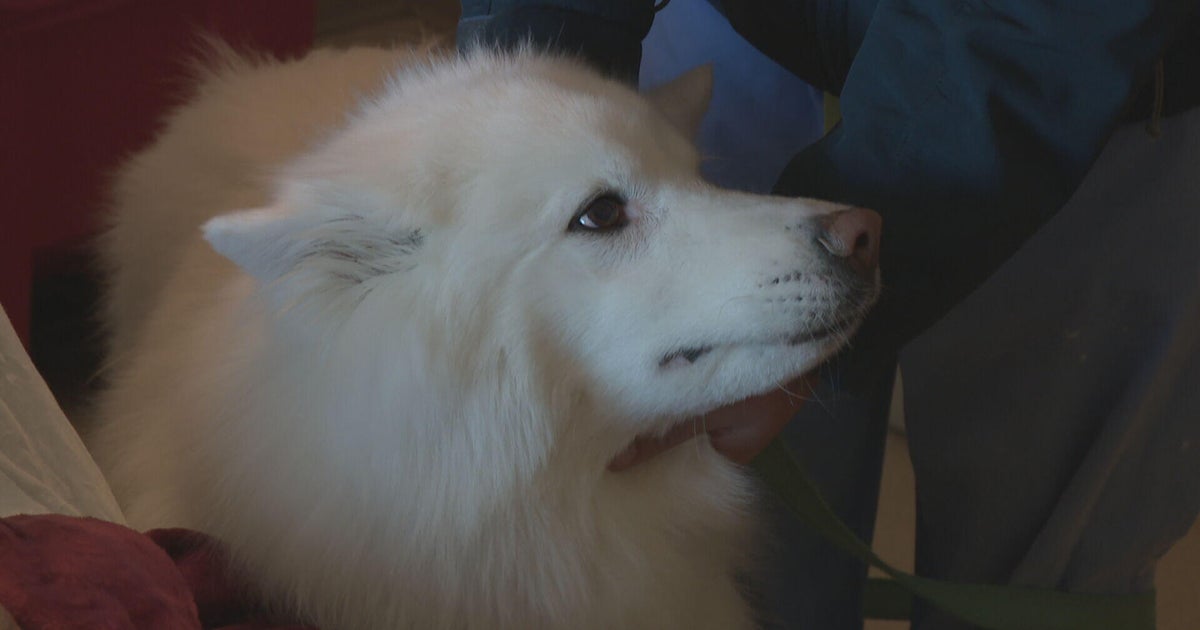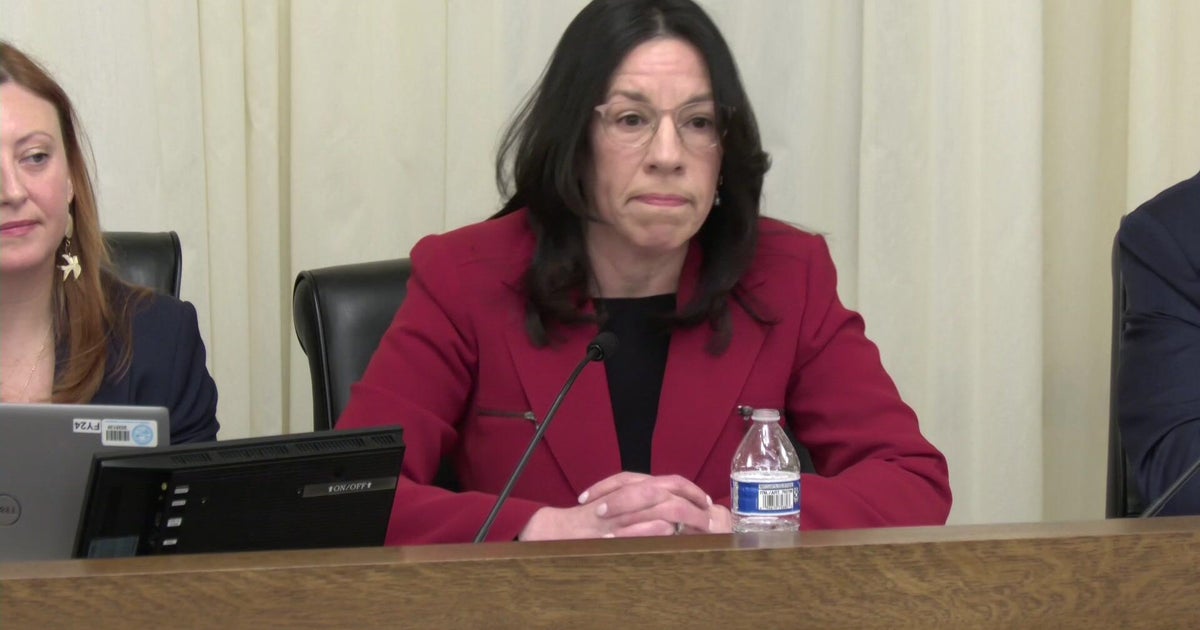Cancer Gene Found In Dogs Could Help Humans
MINNEAPOLIS (WCCO) -- Doctors at the University of Minnesota have found a similarity in dog and human bone cancer that could help human patients fight their disease more effectively.
"What we discovered was a pattern or a finger print -- in our world, we like to call it a paw print -- of genes in bone cancer that can help us distinguish cancers that are going to behave very aggressively," said Dr. Jaime Modiano, professor of oncology and comparative medicine. Modiano leads a team from the College of Veterinary Medicine and Masonic Cancer center.
Veterinarians say dogs are the only other species besides humans that develop bone cancer spontaneously. Modiano says human and canine forms of bone cancer are very similar and the gene pattern is an exact match.
"We extended those findings to five groups of human patients from around the world," said Modiano. "In this case what we discovered in dogs was highly applicable to human patients with bone cancer."
That means human patients could soon begin receiving tailored treatments depending on the aggressiveness of their bone cancer. Less aggressive would get conservative treatment and very aggressive would get more intensive treatment up front.
"The challenge right now with bone cancer is being able to predict which patient is going to have a very aggressive disease and will die soon and which will have a less aggressive disease and respond better to treatment," said Modiano.
Cancer is the most common disease-induced death in cats and dogs. Modiano says 50 percent of dogs over 10 years of age will die of cancer.
Modiano believes in the next two or three years they could begin developing useful sets of practical lab tests for humans that will help clinical care providers determine the type of cancer a patient faces.
"I think it's very exciting," said Modiano. "What we discovered was the first step in a fairly intricate set of tests to discover these patterns."
One in three individuals will get cancer sometime in their life.
NewsRadio 830 WCCO's Edgar Linares Reports







